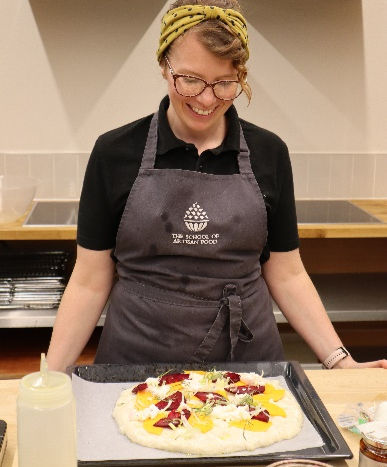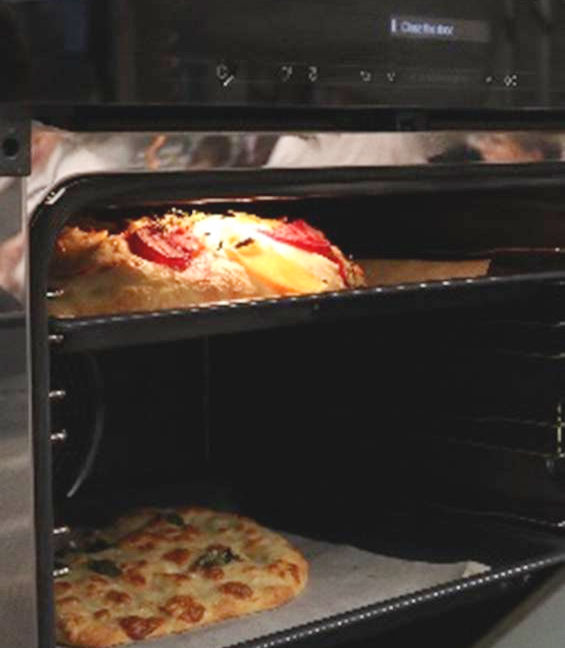Best Food Forward: Empowering SEND Learners Through Food
- Ellen Henry
- Jul 16, 2025
- 2 min read

The delivery of the Best Food Forward (BFF) programme within a SEND school setting, such as Bracken Hill, has been well received by participants. The programme offers each child a meaningful experience to explore and connect through food. Observing first-hand the positive, tangible benefits for learners with diverse needs was both inspiring and affirming.
Throughout three sessions, students create a variety of dishes, each designed to introduce new skills, flavours, and textures. Every session builds on the last, encouraging progression and confidence in the kitchen. An example of the three-session structure delivered at Bracken Hill is outlined below:
Session 1: Koftas and flatbread with tzatziki
Session 2: Okonomiyaki and noodles
Session 3: Crispy chicken bites with spicy vegetable rice

One of the most impactful elements of the BFF programme is its adaptability. Each session is tailored to provide the right level of support while promoting independence and autonomy. This approach was essential throughout the Bracken Hill sessions, enabling students to feel safe and supported while being empowered to take ownership of their learning and choices.
Our approach to food is rooted in positivity and inclusion. Rather than focusing on what’s “healthy” or “unhealthy,” students are encouraged to explore food in a way that’s engaging and pressure-free. Learners are invited to interact with ingredients at every level-touching, smelling, preparing, and tasting-without any expectation or pressure to try anything before they are ready. This autonomy builds trust and confidence.
One particularly memorable moment occurred when a student, during the first session, chose not to participate. By the end of the three-week programme, they were not only actively engaging but also trying foods they had previously said they disliked. Fear around trying new foods can be complex and often stems from deep-rooted factors. Witnessing this transformation was a powerful reminder of the impact that food education can have, especially within the supportive and non-judgmental environment that BFF creates.

The shared mealtime, where students and staff come together to enjoy the food they’ve prepared, is often a highlight of the day. It not only sparks conversations about the dishes they’ve created but also opens the door to wider social interaction. This element of social eating offers a range of benefits, from developing communication skills to fostering a sense of community and pride in their achievements.
The programme was delivered both in the students’ school environment and at the School of Artisan Food, where learners were able to adapt to the new surroundings and equipment.
Throughout the delivery, students were supported, encouraged, and empowered - not only in their food choices but also in their confidence, independence, and social interaction.
The Best Food Forward programme is about more than food; it’s about nurturing growth, developing skills, and creating meaningful experiences that stay with learners well beyond the classroom.
Ellen Henry




Comments